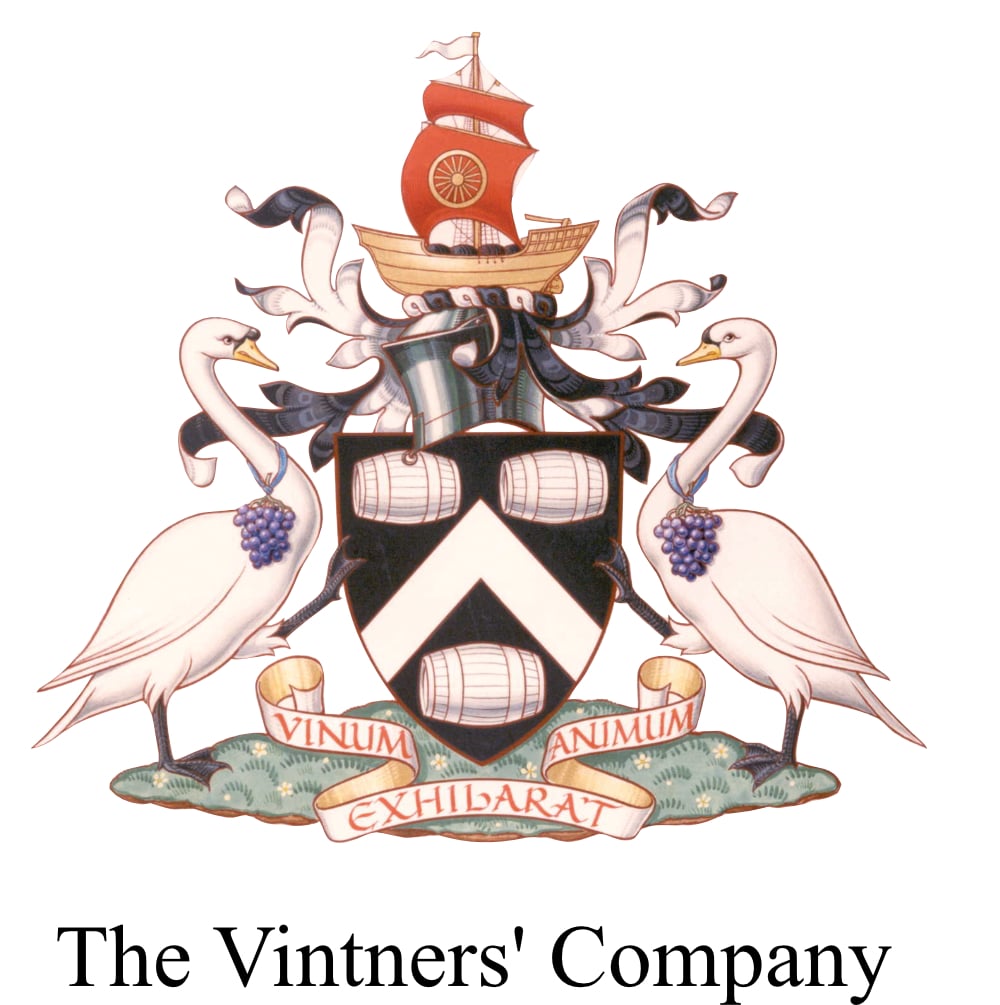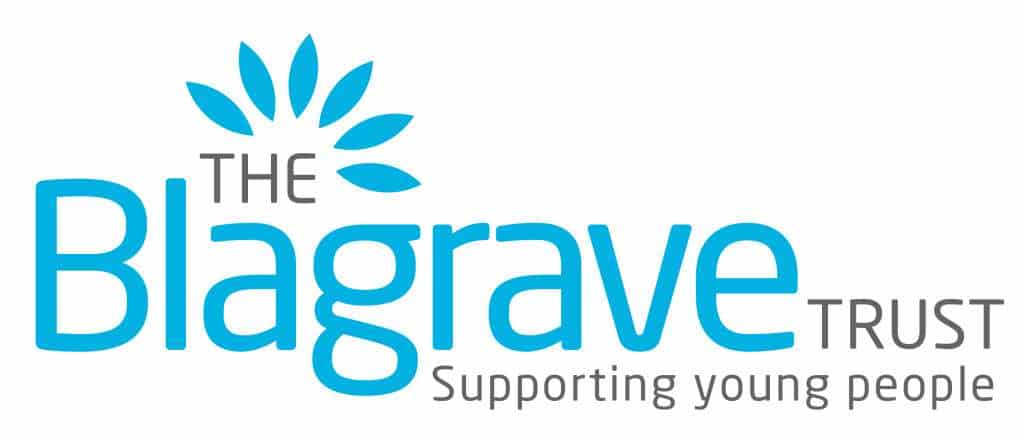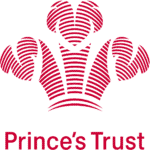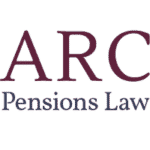Meeting the Provider Access Legislation and busting myths for National Apprenticeship Week
Welcome to my blog spot! I’m Vic Geary RCDP and I’m a qualified and Registered Career Development Professional, and part of the Future First team.
Since January 2023, the updated Provider Access Legislation (PAL) has been in place requiring schools to provide two encounters during key stages 3, 4, and 5 with providers of technical education, such as T-Levels, and apprenticeships. This term gives Careers Leaders two perfect opportunities to make some progress on this in the form of National Apprenticeship Week (5-11 February 2024) and National Careers Week (4-9 March 2024)!
In this blog, I’m going to share some ideas of how you could meet PAL requirements, deliver on Gatsby Benchmarks 5 and 7, and give your students some meaningful experiences along the way.
National Apprenticeship Week
In my experience as a Careers Leader, I have found that amongst parents in particular there are some misconceptions about apprenticeships, so I’m using National Apprenticeship Week as an opportunity to bust some myths! As a starting point, you could add this resource to your website: Parent Zone – Amazing Apprenticeships. Some of the misconceptions I’ve addressed in the past with parents:
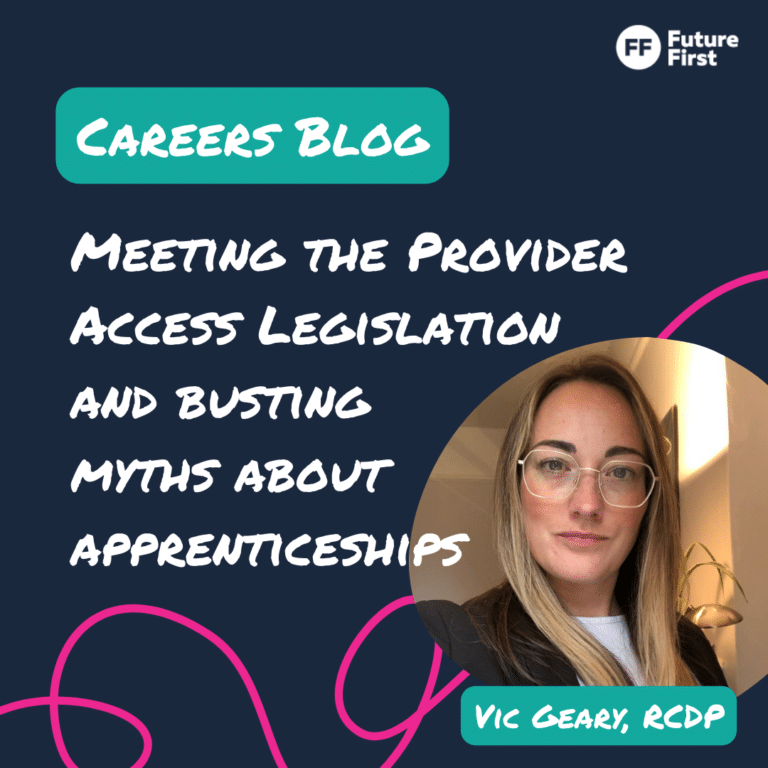
Some apprenticeship vacancies do not require any specific qualifications, but the majority require at least English and maths GCSE at grade 3 or 4. For all apprenticeships, applicants will need to demonstrate that they have the skills and qualities needed for the job so the aspects of school that are not related to qualifications are particularly important. Participation in extracurricular activities, sports teams, work experience, part-time work, and peer mentoring are all useful.
Definitely not! It takes significantly more effort to secure an apprenticeship when compared to a place at a college or sixth form. Students need to be prepared to make multiple applications to different employers/apprenticeship providers to have the best chance of having an apprenticeship to start in September after leaving school. A great resource to support students with apprenticeship applications can be found on the Amazing Apprenticeships website.
This can be a real eye-opener when talking to parents and students. The number of higher-level and degree apprenticeships is increasing, and the range of sectors and job roles is much wider than many people realise. A degree apprenticeship enables students to achieve a debt-free degree, a salary and a head start in their career. It’s an incredible opportunity and the company is making a huge investment when they take on a degree apprentice so the recruitment process, understandably, can be lengthy and complex. It is vital that Careers Leaders put in place adequate support for students who wish to apply for these exciting opportunities. The Higher and Degree Apprenticeship Listing is a bi-annual publication that you should download and share with Year 13 students. Companies such as Amazon, Goldman Sachs, TUI, Morrisons and JCB all share their opportunities there.
Advocate for apprenticeships this National Apprenticeship Week
There is nothing more powerful than peer-to-peer inspiration, so use your alumni community to see if you can find a former student who is a current apprentice or took an apprenticeship route to their career to come in and talk to your students. If not, you could use the Find an Apprenticeship website to find local employers who recruit apprentices and invite them in.
In terms of planning for next year, ask your careers advisor to share a list of students who are considering an apprenticeship as their first-choice route after leaving school/college. You can then put in additional support for these students to give them the best possible chance of progressing to an apprenticeship. You could encourage them to sign up for The Apprenticeship Academy, a 6-week after-school online course equipping students to make successful applications. Ensure that you get their permission to stay in touch with them after they leave (The Future First Hub is a great way to do this), and you’ve got a ready-made inspirational speaker for the next National Apprenticeship Week!
Putting on an impactful apprenticeship-focused assembly
Remember that to meet the Gatsby Benchmarks the encounters with employers/technical education providers must be ‘meaningful.’ Ofsted may ask you as a Careers Lead to justify how encounters are meaningful to your students specifically, consider their needs, and are relevant to them.
Some apprenticeship providers have standard ‘talks’ they have ready to deliver to schools and colleges which is a useful starting point but it’s a good idea to give some thought to what would be most useful and meaningful for your students and ask the provider to include this. If you are inviting in a former student, they will definitely need some guidance on what to say, and having this prepared might increase the likelihood of them agreeing to speak in the first place!
Things to consider/make the speaker aware of:
- Does your school offer any vocational qualifications that link to an apprenticeship route?
- Does your school offer work experience? The speaker could talk about how useful this could be when applying for apprenticeships.
- What does the employer look for in apprentice recruits and how could your students demonstrate these skills/qualities?
Want to know more?
I’d love to hear from you to understand what other topics you would like me to focus on in the coming months. Whether further blogs, opportunities to meet ‘virtually’ to discuss topics or webinars: contact the Future First team at info@futurefirst.org.uk.








